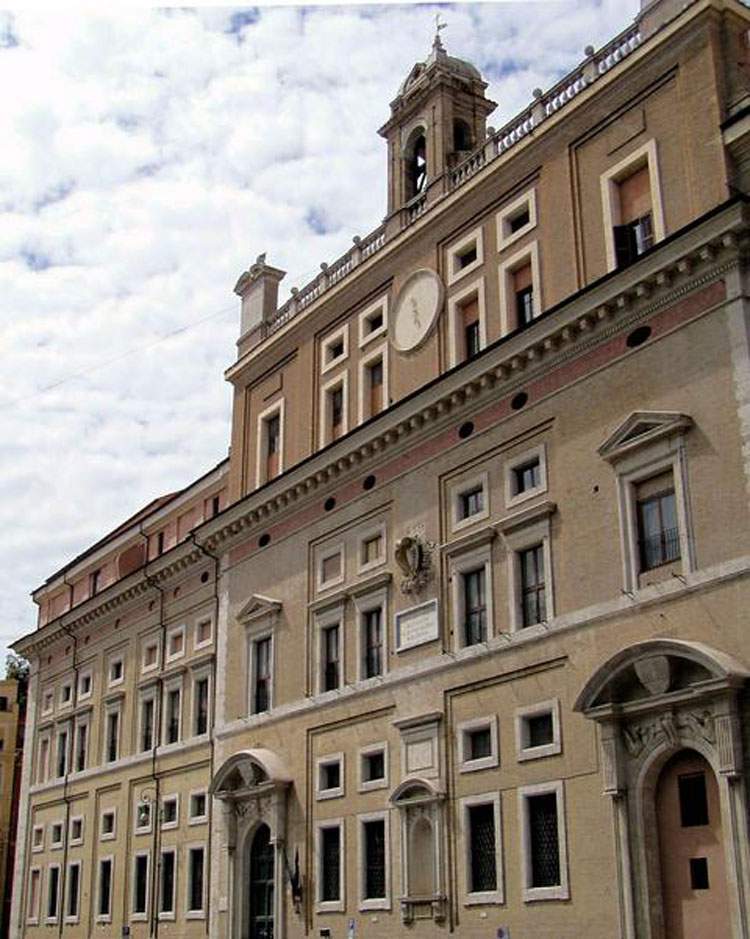Internal commission to network coming to MiBAC: museum card and enhancement policies under study
An internal commission is coming to the Ministry of Culture to study possible forms of cultural heritage management through the synergy of museum networks and territorial systems throughout Italy. It will be called the RST Commission (Museum Networks and Territorial Systems) and will be composed of Daniela Tisi, advisor to the minister, as chairwoman; Ilaria Cavo, Councillor for Culture of the Region of Liguria; Manuel Roberto Guido, expert and former Mibac executive; Antonio Lampis, Director General of Museums; Francesca Paola Leon, Councillor for Culture of Turin; Tiziana Maffei, President of ICOM Italy; and Virginia Villa, expert.
The objective of the RTD Commission, established by decree of Minister Alberto Bonisoli, will be to draw guidelines to develop all possible strategies of collaboration and cooperation between public cultural institutions, private ones and territorial productive realities, aiming at increasing the usability of all cultural sites in the country. The ministry identifies “participatory planning” as the main element to involve all public and private actors in the field of cultural heritage at the local level. In addition, the commission will seek to encourage forms of partnership that help to systematize tools and skills, so as to build a nationwide network that is also capable of connecting all places of cultural interest, enhancing, above all, the lesser-known sites.
The commission will have 12 months to formulate proposals aimed at the implementation, by the Ministry of Cultural Heritage and Activities, of initiatives and policies for the integrated, sustainable and lasting enhancement of cultural heritage. In addition, tools that facilitate and incentivize access to museums, such as “museum cards,” will be studied, as well as reward systems for territories that stand out in their capacity for integrated and efficient offerings between cultural places and services.
“One of the characteristics of our cultural heritage,” says the president of the RTD Commission, Daniela Tisi, “is that of being an open-air museum to be protected and enhanced in a system logic, so that even the most peripheral contexts become poles of attraction and international interest, as well as generators of new forms of employment. I will be fortunate to collaborate with a team of high-profile professionals who firmly believe in this vision of an innovative cultural management that starts from listening to the territories and bases its programmatic and intervention lines on it.”
Pictured: the Collegio Romano, headquarters of MiBACT. Credit
 |
| Internal commission to network coming to MiBAC: museum card and enhancement policies under study |
Warning: the translation into English of the original Italian article was created using automatic tools. We undertake to review all articles, but we do not guarantee the total absence of inaccuracies in the translation due to the program. You can find the original by clicking on the ITA button. If you find any mistake,please contact us.





























